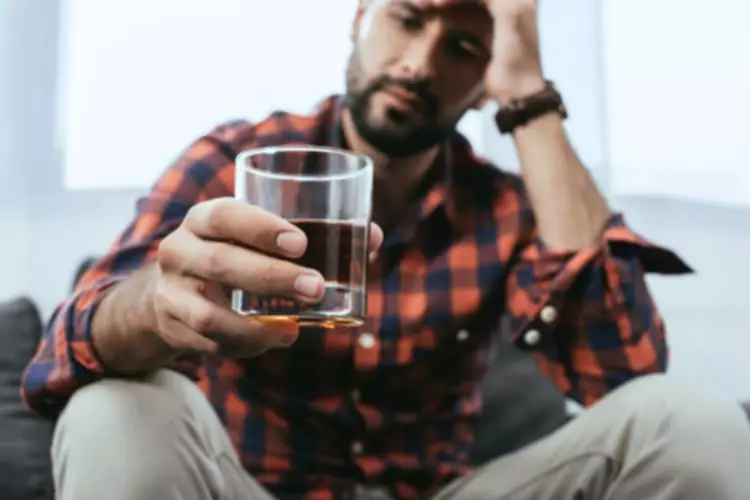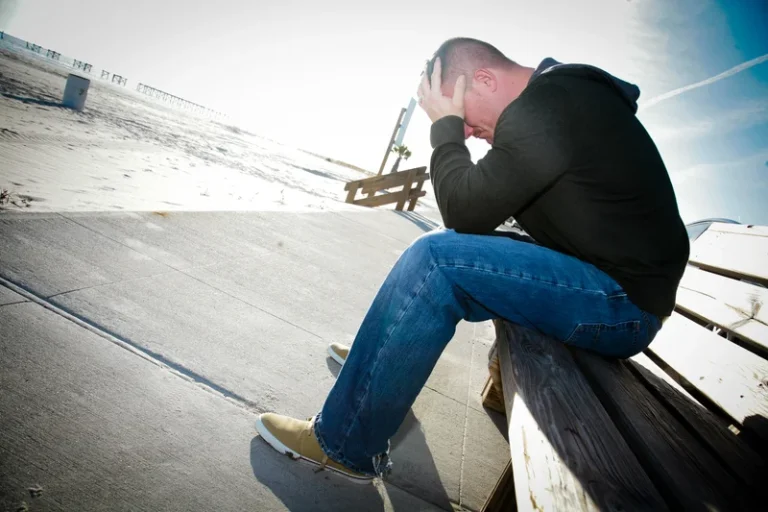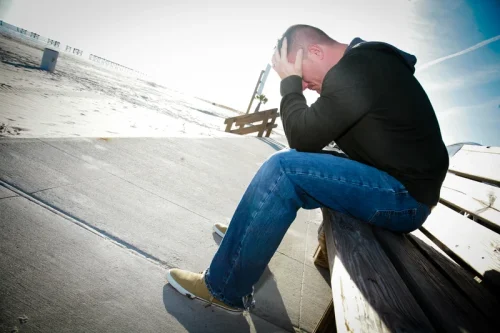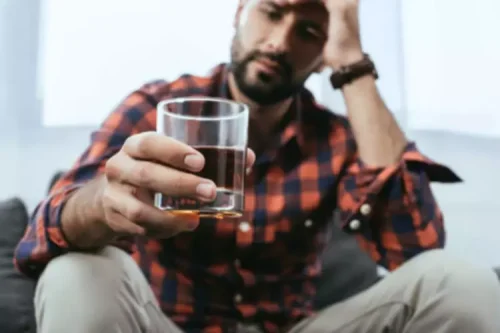
Stress relievers that might help you manage acute and long-term stress include deep breathing, meditation, and mindfulness practices. Sometimes, stressful events can trigger a relapse, particularly if the addictive substance or behavior is used to cope with stress. But happy events can also trigger a relapse, especially if others celebrate with alcohol.

The Role of Emotional Detachment Techniques in Sobriety

If you were engaged in a treatment program before the relapse, consider resuming or intensifying your participation. Addiction treatment provides a structured and supportive environment to address underlying issues, develop coping skills, and rebuild a strong foundation for recovery. By dedicating time to analyzing the triggers and situations that affect you, you arm yourself with insights that can bolster your journey to recovery. Understanding the reasons behind a relapse is an essential tool for preventing setbacks and cultivating resilience. It marks a stride towards regaining command over your life and persisting toward sobriety. As people progress through the stages of relapse, what to do after a relapse they exhibit various warning signs.

Recommit to Sobriety
If you have relapsed, there will have been a number of factors that influenced or triggered your return to drug or alcohol use. Obviously, you will want to understand these as much as you can to enable you to understand why the relapse occurred. From the model depicted above, you can see that everything relates back to the “high-risk situation” (where relapse triggers are at their most prominent). People with effective coping responses to high-risk situations (i.e., they have increased “self-efficacy” – see below), are at a decreased probability of a relapse.
- With intensive treatment, you have the opportunity to focus fully on your recovery.
- Cognitive therapy can be used in conjunction with other relapse prevention strategies, such as mindfulness meditation and support groups.
- Seeing a therapist or mental health professional could go a long way towards developing healthy coping mechanisms.
- Recovery from drug or alcohol addiction can be a difficult journey, one with plenty of ups and downs.
Ideas to Help You Celebrate a Sober Saint Patrick’s Day

If you don’t learn proper coping skills for these feelings, then even if you sober up you’ll always be at risk of relapsing. 12-step programs focus on personal responsibility and accountability for one’s actions. They encourage individuals to take an active role in their recovery journey by sharing experiences with other group members and working through 12 steps that lead to sobriety together. Additionally, these groups provide a safe, supportive space for individuals to share their feelings and find support from peers in similar situations. Remember that drug addiction treatment and recovery is a highly individualized process; what works for one person may not be the best fit for another. By adjusting your treatment plan after a relapse, you are taking an essential step towards achieving long-term sobriety and maintaining overall mental health.

Avoid High-Risk Situations
Despite relapses being a common occurrence in addiction recovery, developing strategies to navigate through them is essential for achieving long-term sobriety. It’s scary when a loved one with a drug or alcohol addiction relapses, but there are strategies to regain control following a setback. Most substance use disorder treatment options include creating a relapse prevention plan. Most relapse prevention plans also include information on how to spot a possible relapse long what is alcoholism before it happens, so you can know beforehand when you need help in the future.
Receive Support from Your Network
- Other times, you follow all the rules of recovery for a long time, and you feel safe from relapsing.
- According to the American Society of Addiction Medicine (ASAM), relapse is the recurrence of behaviors — such as drug or alcohol use — after a period of remission.
- Talking about your relapse can help you process emotions, gain perspective, and receive guidance on moving forward.
- Mental relapse can be triggered by various factors, including stress, negative emotions, or exposure to high-risk situations.
- This program is funded in part by federal grants, however, and it’s unclear how it might be affected by the Trump administration’s cuts to federal grants and loans.
- During rehab, many people create specific plans for risky situations or times when they feel tempted to use drugs or drink alcohol.
Remember, setbacks are part of the process, so practice self-compassion. A strong support network plays a crucial part in preventing relapses by providing encouragement during challenging times. Engaging with others who understand the struggles faced during addiction recovery can offer valuable insights into overcoming obstacles. Now that you have been in addiction recovery, you likely have a strong support network to help you through. When you first began addiction treatment, you might have had no coping skills and very little support. In the journey of addiction recovery, physical relapse marks the final stage – the actual return to active substance use.

